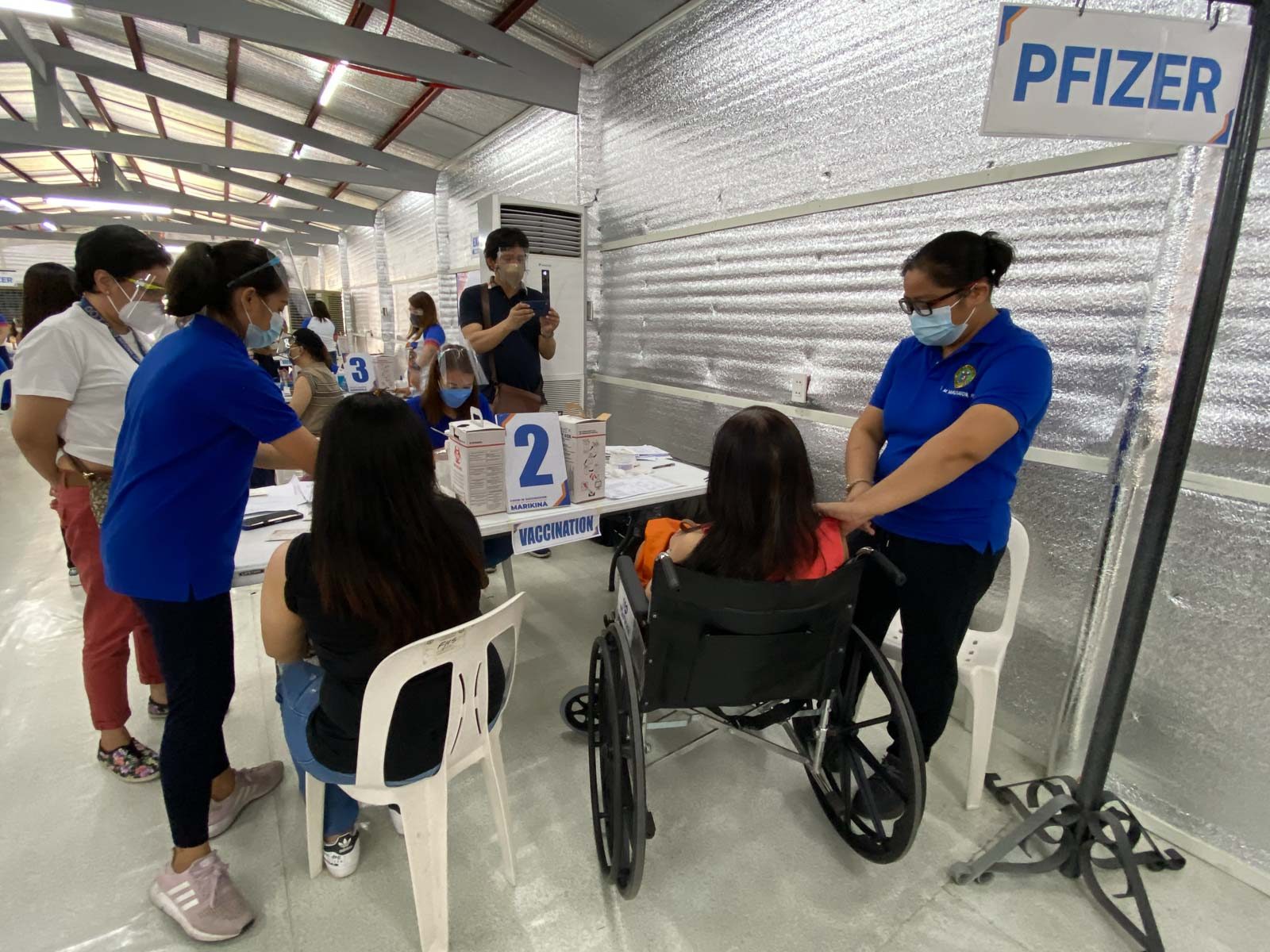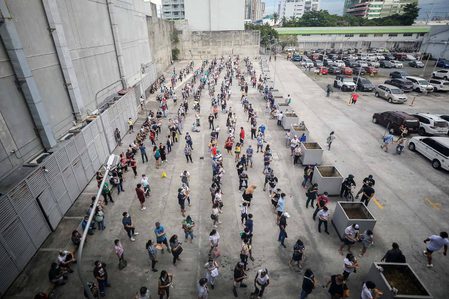SUMMARY
This is AI generated summarization, which may have errors. For context, always refer to the full article.

The Department of Health (DOH) said on Saturday, May 22, that Filipinos’ brand preferences have fueled vaccine hesitancy in the country.
“Noong tiningnan natin itong mga preference na sinasabi natin, sa tingin namin, kasama ng aming mga eksperto, na nakaapekto ito sa kumpiyansa ng mga tao sa bakuna,” said Health Undersecretary Maria Rosario Vergeire in a Laging Handa briefing on Saturday, May 22.
(When we studied [vaccine] preferences, we along with our experts found that this affects vaccine confidence among people.)
Vergeire made the assessment amid debate on the new policy that local governments will only disclose the available COVID-19 vaccine brands when the recipients get to vaccination sites. The policy was enforced to avoid crowding for “preferred” vaccine brands.
The health official also said that Filipinos need to understand that the vaccines approved for emergency use in the country went through a stringent regulatory process that ensures their safety and effectiveness.
A recent Social Weather Stations survey released on Thursday, May 20, found that only 32% or 3 out of 10 adult Filipinos are willing to get vaccinated, months into the country’s inoculation campaign. The top reason was fear over vaccination side effects.
The same day the survey was released, the Department of the Interior and Local Government directed all LGUs to refrain from announcing the vaccine brands used at particular centers. The policy is also known as the “brand agnostic” policy.
But the Integrated Bar of the Philippines said that, while the policy may be practical, it “should not take away a citizen’s right to informed consent.”
Many still getting vaccinated, DOH says
Vergeire said since the announcement of the policy, the DOH still observed a high turnout of people in vaccination sites.
The health department also considered the scenario that the first to get the vaccine might disclose to others what was injected into them anyway, despite the “brand agnostic” policy.
But Vergeire reminded Filipinos that local governments are enforcing master lists, where those summoned to get vaccinated are based on a schedule. This is another way the government is controlling crowds.
The vaccines that are part of the Philippines’ inoculation campaign – AstraZeneca, Sinovac, Sputnik V, and Pfizer-BioNTech – have all shown effectiveness against symptomatic COVID-19, hospitalization, and death.
The government aims to begin vaccinating economic frontliners and indigent Filipinos, A4 and A5 on the vaccine priority list, respectively, after May.
As of May 18, 2.31% of Filipinos have received at least one dose of a COVID-19 vaccine. – Rappler.com
Add a comment
How does this make you feel?

There are no comments yet. Add your comment to start the conversation.